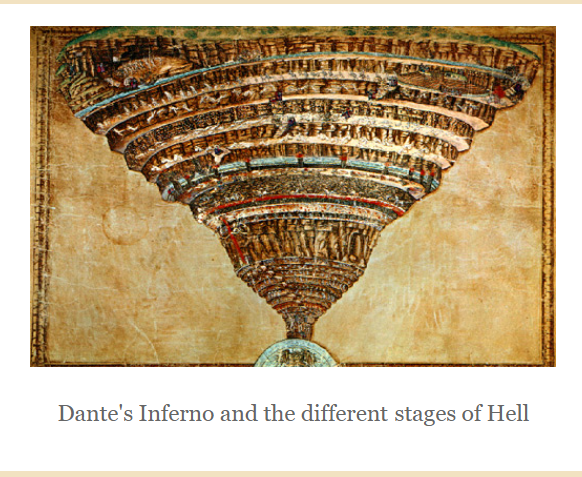This is my second posting from Turkey, where the earthquake is the only topic of conversation on the national agenda. It shall remain so for months to come, because the death toll is rising by the hour, while the Erdogan government and a chorus of opposition parties are blaming each other for the slow response and the magnitude of the damage.
In future blogs I’ll try to filter out the competing claims to share with you my sense of who is responsible. But, there is a more immediate task I need to attend to today. The human and material toll of the calamity is climbing by the hour.
There is now a wide range of estimates as to how large these losses can reach.
I don’t think for instance the IMF view, as reported by Reuters, of the damage is correct: “The impact of last week’s earthquake on Turkey’s growth domestic product (GDP) is unlikely to be as pronounced as after the earthquake that hit the country in 1999, IMF Executive Director Mahmoud Mohieldin told reporters on the sidelines of the Arab Fiscal Forum on Sunday.
Mohieldin added that, after the initial impact over the next few months, public and private sector investments in rebuilding could boost GDP growth going forward”.
This is a very optimistic view, because there is no way the wreckage can ve cleaned in a few months, and it understates the shock to the human capital.
For instance, UN relief chief Martin Griffiths has said he expects the death toll to at least reach 50,000, after he arrived in southern Turkey on Saturday to assess the quake’s damage. I’ve seen credible estimates of as high as 80K of deaths, while eyewitness accounts suggest whole boroughs have been laid to waste. Turkey simply doesn’t have the equipment or the human power to repair such huge damage.
In fact, The Observer reported that “A lack of medical facilities, clean drinking water, basic foodstuffs, safe shelter, sanitation and heating in the depths of winter poses the most immediate test. How this urgent challenge is met will increasingly depend on the Turkish and Syrian governments, neither of whose initial performance has impressed. “More help is on the way, but much more, much more is needed,” warned António Guterres, UN secretary-general. The World Health Organization estimates that 23 million people, including 1.4 million children, may require long-term assistance”.
The Observer editorial adds that “In shattered Turkish cities such as Antakya, ancient capital of Hatay province, it is difficult to see how rebuilding can even begin. Most of the city’s historic centre has been levelled as if, in the words of a western reporter, it had been carpet-bombed. The absence of government leadership and organised rescue plans, freezing conditions, no electricity, no fuel and the risk of further building collapses are conspiring to turn misery and despair into understandable public anger”.
So, what could be a fair estimate of the damage?
“The 7.7 and 7.6-magnitude quakes on Feb. 6 are projected to have caused about $70.8 billion of damage to residential buildings and a further $10.4 billion loss in national income, the Turkish Enterprise and Business Confederation said”.
While this projection adds stocks to flows, committing one of the cardinal sins in the field of economics, it is more in line with the common definition of “damage”.
The low-ball damage projections purely focusing on output loss are still to be underestimates, because the production requires capital as well as labor. While labor is in surplus in Turkey, where the broad based unemployment rate has bordered on 22% as of November, meaning a recovery in production will not be impaired by labor shortages. However, the situation is wholly different on the capital item. For most small businesses and entrepreneurs in the zone “capital” equates to the collateral value of their property wealth, or the surplus value their small workshops can create. Unless the property loss can be compensated in short order, production using these assets as inputs will also be severely impaired.
The government is unlikely to have the funds to make whole the property loss. Erdogan’s primary objective remains winning the 18 June elections, which requires huge amounts of budgetary spending to curry favor with his voters, who are poised to migrate to the opposition camp. Foreign borrowing opportunities are very limited, given Turkey junk level credit rating, while donations will be very modest. Domestic borrowing to start the rebuilding efforts is constrained by the balance sheets of commercial banks, which simply don’t have the capacity to provide such funding, after expanding their loan portfolios very rapidly through the last 6 months, as per Erdogan’s orders.
Finally, any rebuilding effort financed by more monetary expansion is almost certain to trigger three-digit inflation and via additional import demand and balance of payments crunch.
It seems to me that Turkey’s trend GDP growth has fallen overnight, though it is impossible to say by how much.
Atilla Yesilada, for my credentials, visit link.
Follow our English language YouTube videos @ REAL TURKEY: https://www.youtube.com/channel/UCKpFJB4GFiNkhmpVZQ_d9Rg
And content at Twitter: @AtillaEng
Facebook: Real Turkey Channel: https://www.facebook.com/realturkeychannel/
Follow our English language YouTube videos @ REAL TURKEY: https://www.youtube.com/channel/UCKpFJB4GFiNkhmpVZQ_d9Rg
And content at Twitter: @AtillaEng
Facebook: Real Turkey Channel: https://www.facebook.com/realturkeychannel/
